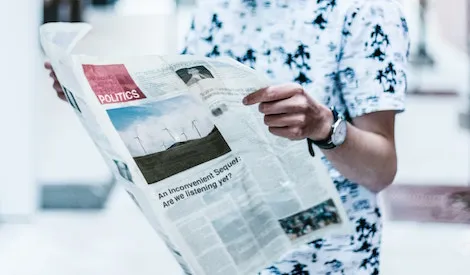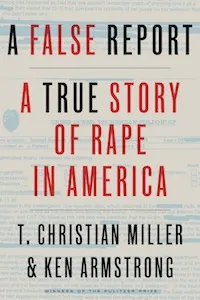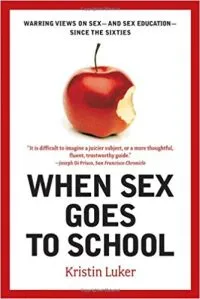
6 Works of Narrative Journalism That Challenge Long-Held Beliefs
This content contains affiliate links. When you buy through these links, we may earn an affiliate commission.
I can hardly believe it’s been over two years since I read “An Unbelievable Story of Rape,” an incredible work of collaborative narrative journalism that was co-published by ProPublica and the Marshall Project. At the time I read the investigative longread, I couldn’t help marveling over how solid the reporting was. As I oftentimes tend to do when reading nonfiction, I used the piece as a master class in how I could become a stronger writer.
At the same time, I couldn’t help but be wrapped up in the story of a nightmare: a woman who reports a rape and is made out to be a liar, only to later find herself vindicated…but only after years of pain. It was a horrifying story, large enough to fill an entire book.
Two years later, we have that book, in T. Christian Miller and Ken Armstrong’s A False Report, a work that uses the original story as a jumping off point to challenge our assumptions about false rape accusations. At a time when one common, dismissive response to #metoo is that some of those allegations of sexual assault must be false, it ably lays out how even those reports that have officially been deemed false in the past may not necessarily be so.
Reading A False Report reminded me of why I love narrative journalism so much. I find that its greatest power is in putting a face to the most controversial issues, and then using that human connection to push back against the most stubborn and long-held beliefs. It may not effect change. Not at first. But at the very least, it gives us an in.
Here are six works of narrative journalism you might want to read for yourself:
For all the reasons mentioned above, I want to throw this book at everyone who has ever said to me, “Those allegations can’t all be true.” Perhaps not, but this book makes a good case for why some of the assumptions about rape allegations—and the assumptions about the ways in which a victim is “supposed” to act—are based upon skewed data.
This book about the sex ed wars impressed me because of its unbiased approach to a topic that tends to make people on either side very emotional. I myself can’t talk about the importance of comprehensive sexuality education without losing my head and making reductive assumptions about those who would oppose it. So I appreciated Luker’s ability to keep a cool head and help me to understand (not agree with; understand) the other side.



 A False Report by T. Christian Miller and Ken Armstrong
A False Report by T. Christian Miller and Ken Armstrong